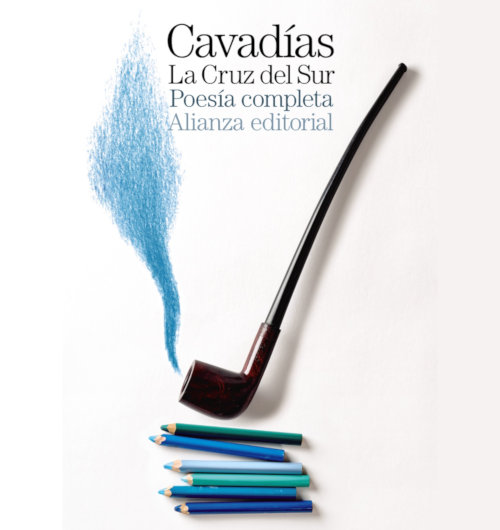Royal pain
News from south Asian neighborhood
It was a big week for South Asian politics. Bhutto's assassination, the capitulation of the democratic Nepal Seven Party Alliance to demands of the Maoists to somehow guarantee they will get rid of the monarchy (when previously they had promised to hold a referendum for the public to decide), and the first ever election in the now-former kingdom of Bhutan all would seem to spell change. So why don't I smell change?
Amid all the mourning of Benazir Bhutto and descriptions of her as a champion of democracy, her apolitical 19-year-old son has been appointed her successor. There are also reports that Bhutto "willed" leadership of the Pakistan People's Party to her husband Zardari, as though it were a personal possession. Which, let's face it - I suppose, it actually was.
When is a democracy not a democracy? When its leaders are appointed by non-democratic methods, for one thing. When heredity is 9/10 of the law; and yes, the same formula applies to the Gandhi-Nehrus and Thackerays of India, and many others.
Of course, after the elections of 2000 and 2004 were hijacked by our very own Bush dynasty, Americans aren't much better off.
An article from the Indian Express explains the south Asian grafting of dynastic family structure onto democracy.
Royalism has been democratised in South Asia. In turning our backs on monarchy, we reinvent ourselves as republicans. But this is often a fragile and tenuous republicanism, as the political parties in our democratic polities are mini-kingdoms each with its own royal family.
My own observations: south Asians value stability over change, progress or principles. The continuity of heredity, with all the social expectations of a dutiful son or daughter carrying on the family legacy, is the best way to ensure that.
And, south Asian understanding of family as the most fundamental paradigm overrides any consciously learned, abstract concepts. When all you have is a hammer, everything you see looks like a nail. Unlike most of the west, where the individual is the basic unit, south Asian society seems to be irreducible to any unit smaller than that of the Family.
Therefore, because the current Nepali king was at first given benefit of the doubt, but has proven to be a rotten apple, the whole family has to go. Forget the outrageous Prince Paras who was always out of the question; there is no room to consider the well-behaved daughter or a regency for the very young Prince Hridayendra, grandson of the current king Gyanendra. They are not and cannot be seen as individuals; that's the whole point.
While the Nepali monarchy will suffer an uphill battle to retain even ceremonial kingship at this point, the Bhutanese palace is conversely struggling to encourage its subjects in baby steps towards the electoral process. Evidently most of the political parties were formed at the behest of the King - why doesn't that sound right? - following strict guidelines concerning the nature of such parties. "The king says we have to form some parties, I guess we had better" doesn't sound like a good start on democracy to me.
That other Himalayan monarch, HH the Dalai Lama, is not fareing much better encouraging his people to adopt democracy. He's been pushing the democratic process for decades; the government in exile has now elected a Prime Minister and other officers. In preparation for his inevitable passing, HH continually tries to delegate political tasks to these and other figures, hoping to train Tibetans to look toward other sources than himself for answers.
Within what are ostensibly republics in South Asia, thus, we remain at heart subjects rather than citizens, people who need and love royals....
Old habits are hard to break.
100 Year Old Puthuthottam Annexe: A Wild Holiday Hideout in Anaimalai Tiger
Reserve, Valparai
-
[image: Puthuthotham Annexe - A Wild holiday hideout]
Puthuthottam estate, a 3000 acre estate comprising of tea gardens, coffee
plantations and native t...
4 days ago













